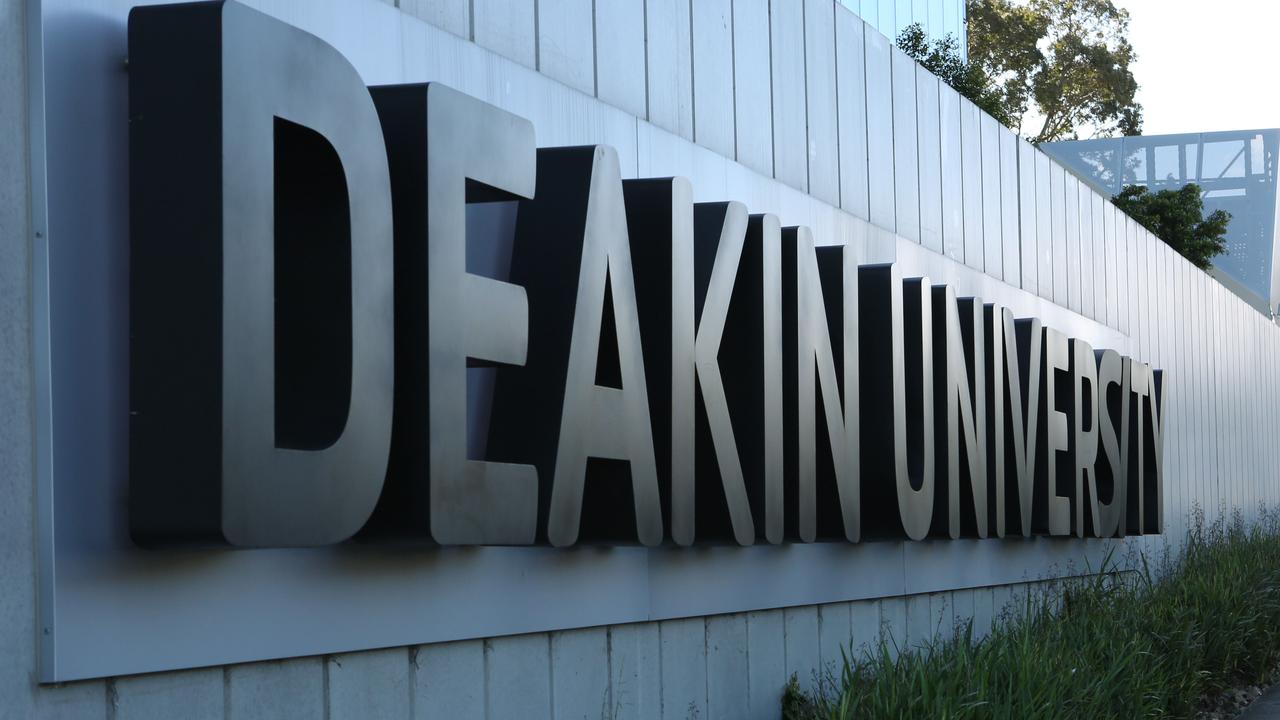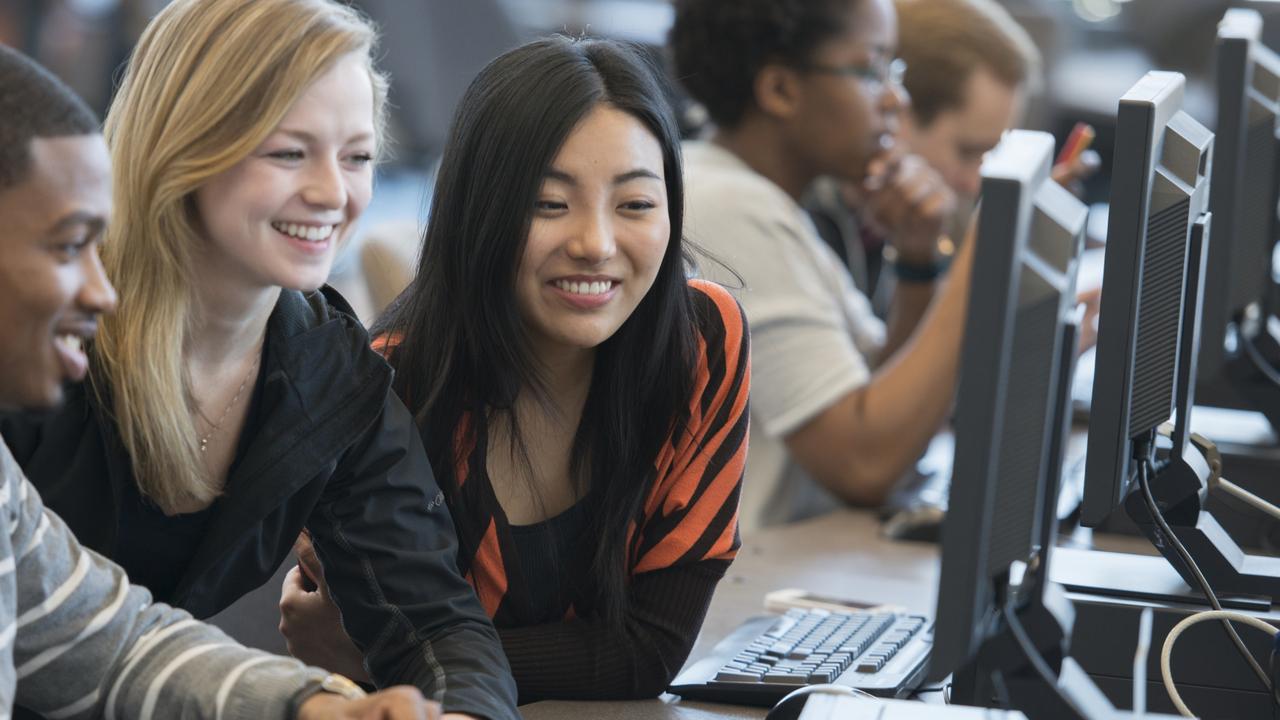Choosing a course: How to make the most of university open days
STUDENTS going to university open days need to look beyond sausage sizzles, sandstone buildings and world rankings, and consider their own interests and skills.
Tertiary
Don't miss out on the headlines from Tertiary. Followed categories will be added to My News.
THERE’S a lot of razzle-dazzle at university open days, from sample law lectures, hands-on science activities, tours of labs and drone demonstrations to competitions, film screenings and fairy floss.
It can be exciting, but daunting, especially for a secondary school student who has no idea what career to pursue.
”We are very lucky in Australia that all our universities are very good,” Good Education Group CEO Chris Lester said.
He advised students and parents to read The Good Universities Guide’s rankings and factor those in before attending an open day or choosing university preferences.
“Some of the key things for students and parents to understand are that different universities will be more suitable for different students.”
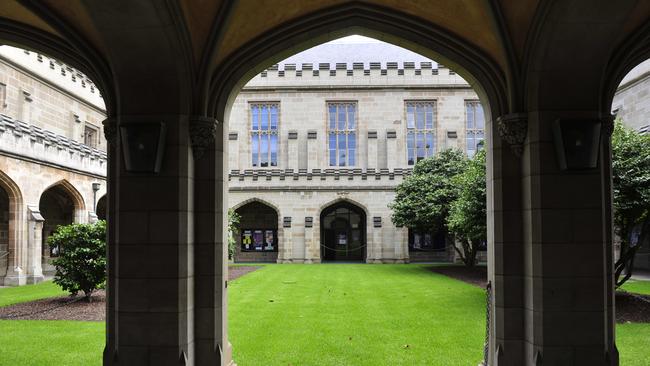
Lester said it was important check out the information sessions and activities on offer and make a plan before attending an open day.
The University of Melbourne and Victoria University are holding their open days on Sunday, August 19, and all their events are listed online.
“You need to be able to address what’s your area of interest and what courses you like doing. Once you get to the open day you can approach the right areas and right activities,” he said.
Lester said students should also consider their academic performance, understand what they want to get out of a university course and consider what type of job they want to have.
He advised students and parents to read the Good Education Guide’s rankings and factor those in before attending an open day or choosing university preferences.
“Our rankings are very student focused, things such as the student experience, employment outcomes, and likely salaries once you complete uni,” he said.
“Different universities are better at delivering students jobs when they leave than others, so they should definitely consider those when they are considering university.”
He said there was growing emphasis on experience-based learning.
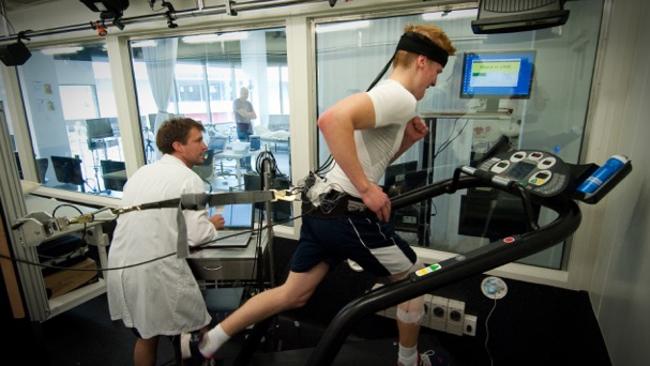
“Universities have so many great facilities and now offer a much more experiential education on campus; that would surprise a lot of people going out there and seeing some of the things they’ve got,” he said.
“Going out to VU (Victoria University), for example, and seeing the sport science set-up there is absolutely amazing.”
University of New South Wales education expert Professor Andrew Martin recommended students and parents look at the Department of Jobs and Small Business’s annual data on employment.
INTERNATIONAL BACCALAUREATE : THE VCE ALTERNATIVE
HOW TO BREAK INTO THE VIDEOGAME INDUSTRY
HOW TO DEVELOP EMOTIONAL INTELLIGENCE
“Students need to ask themselves what do I like doing and what I am pretty good at doing? And I add a third question into the mix, where are the jobs?” Martin said.
“I wouldn’t rely on people’s opinions on blue skies – this is the next booming industry – I’d go on the stats. They can map the last few years and project into the next few years based on that.”
He said universities overlapped in their general degrees, but also differentiated themselves from one another with specialist degrees.
“If you look at the fit between your interests, your skills and the job prospects and identify an area, that usually knocks off a few unis and makes the decision easier for you.”
Health care is one of Australia’s top five growing industries, according to the Department of Jobs and Small Business, and this correlates with high demand for health-related courses.
“If you look at our top 10 courses, generally health - aged care, nursing, medical practitioner - will feature prominently within those courses choices,” Lester said.
He said a Bachelor of Education was the No.1 search course on their platform last month.
“The IT and business courses continue to be high but I think people are starting to look at more niche courses that are coming out, such as cyber security, cloud security, data and artificial intelligence.”
Australia’s first Applied Cloud Technology Bachelor’s Degree began this month.
Online learning provider Didasko developed the cloud course in collaboration with Amazon Web Services and La Trobe University.
“As more and more business migrate their computing systems to the cloud, the demand for skilled IT professions in this area gets stronger and stronger,” La Trobe University Vice-Chancellor Professor John Dewar said.
“Right now there are about 30,000 jobs in cloud computing world-wide that need to be filled, and that number is only going to get larger.”
Lester said although there was a big increase in demand for online courses, the on-campus university experience was still important.
“Some of the things that were prevalent 20 years ago about meeting people, being able to work together with people, being able to learn from other people are still relevant today,” he said.
University of Melbourne science student Chloe Sheats, 18, said she loved being on campus and had joined the Science Students’ Society committee.
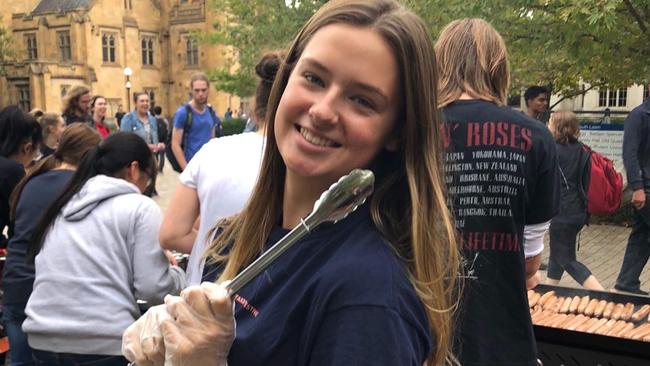
“My role as first-year representative on the committee is to get other first years to come to the events and have fun,” she said.
She said she studied and focused better when she attended lectures and interacted with other students on campus.
“A lot of my friends totally disagree and say they prefer online because they can pause it (the lecture), go back to something they didn’t quite catch, speed it up or slow it down and if they fall behind they can just go back online.”
Sheats said she had chosen to do a broad degree like science because she wasn’t sure if she was interested in physiotherapy, veterinary science or another health profession.
“Since coming to uni I’ve taken a coding subject and it’s got me interested in computer science now. I didn’t know anything about that in school,” she said.
“I haven’t come to a complete decision to change majors but it’s interesting studying stuff that I didn’t even have as an option in school.”
Lester said competition for jobs had increased and it was more common for students to go beyond a single undergraduate degree.
“Employers will be looking at what you have done to complement an undergraduate degree,” he said.
THE TYPES OF PARENTS TEACHERS HAVE TO DEAL WITH
“If you’re an accountant you probably need to have technology because understanding technology and the risks behind that impact your job,” he said.
“The new jobs that are coming in retail are focused on data. How can we use data to help provide a better experience for a customer.”
Lester said dual-sector universities, such as Swinburne University of Technology and RMIT University, and TAFE institutes offered different pathways to university.
“This is good for someone who doesn’t know what he or she want to do or what sort of course they want to do,” he said.
“Some of the VET courses and some of the courses that are on offer at the TAFEs can definitely help you and guide you.”

